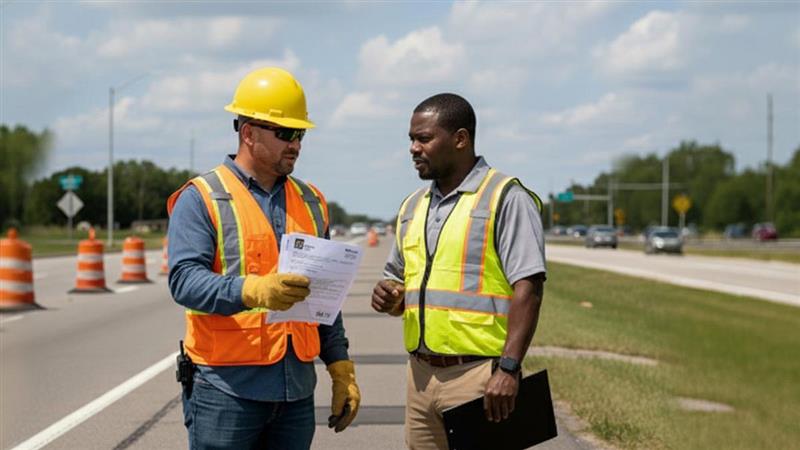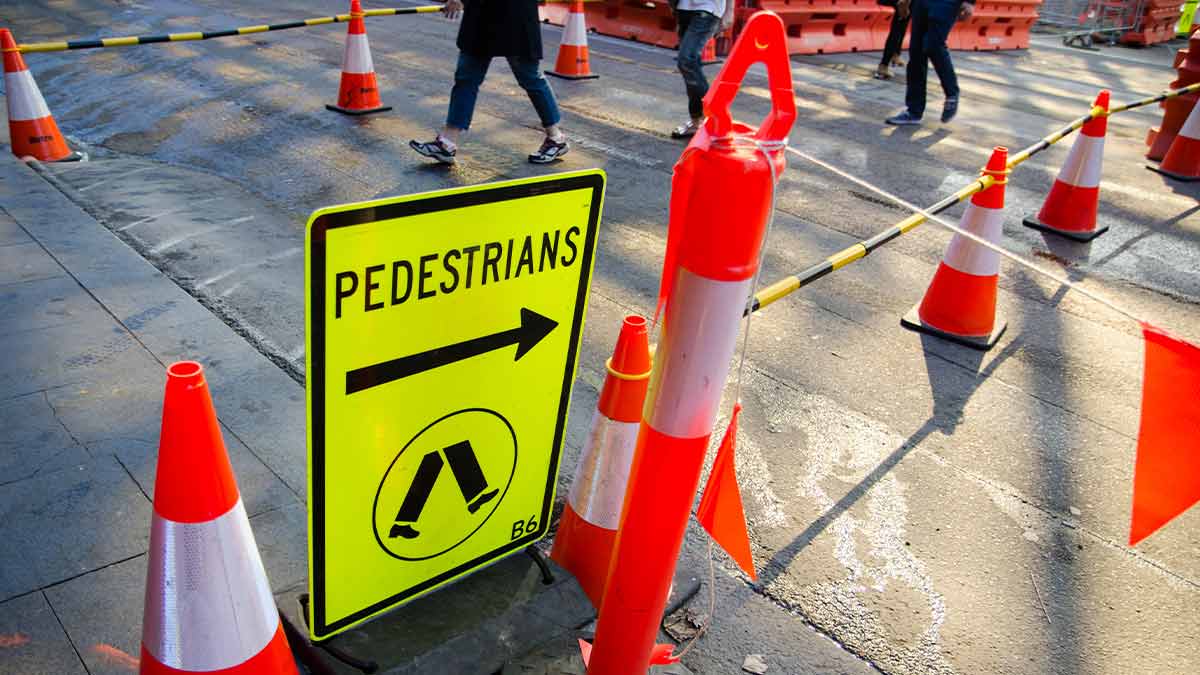
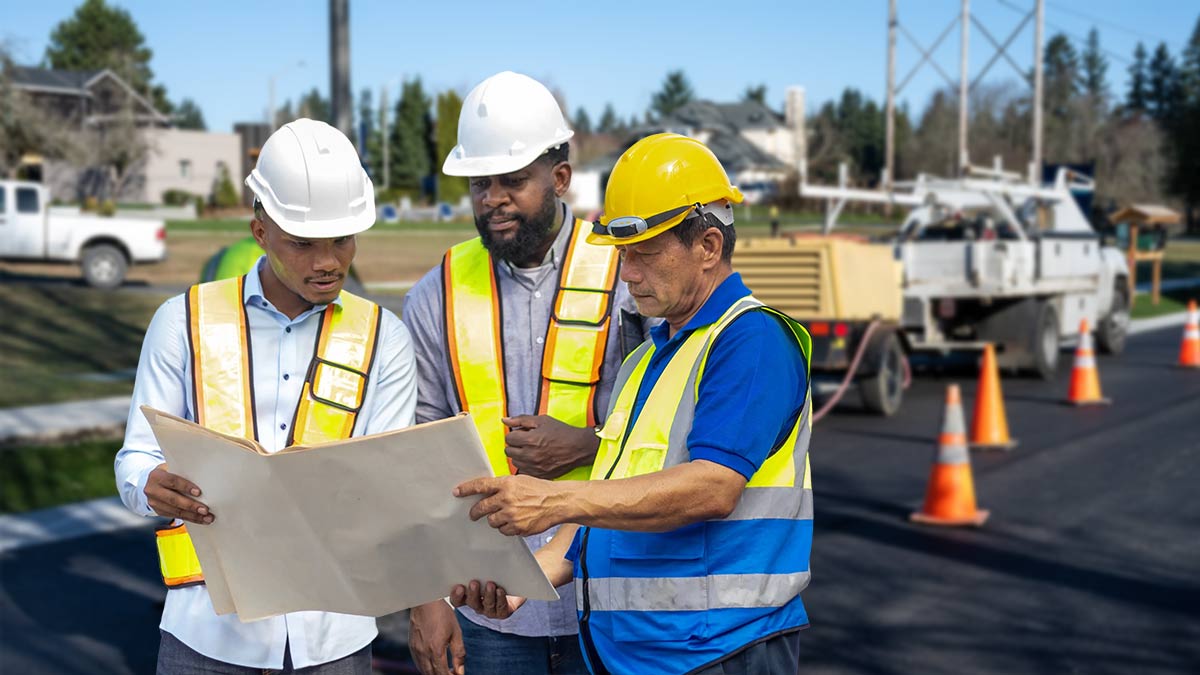
Ready to Dig? Read This About Excavation Permit Applications
Before any construction or utility project begins, there’s a lot of planning involved, but the smartest teams know that safety comes first. And safety starts with one essential step: completing an excavation permit application.
This permit isn’t just a formality; it’s your project’s foundation for compliance. It ensures you won’t accidentally hit underground infrastructure, disrupt public utilities, or face legal issues later. From traffic flow to public safety, it keeps everything running smoothly.
So before breaking ground, it’s worth knowing how this simple step can save your project from major headaches.
What Is an Excavation Permit & Why Is It Needed?
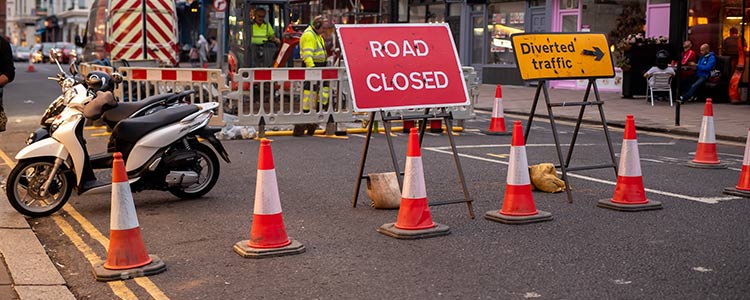
An excavation permit is your official “go-ahead” to dig. It’s permission from your local city, municipality, or traffic control department to start excavation work safely and legally.
Why does it matter? Because beneath the ground lies a network of gas lines, water pipes, and telecommunication cables, and hitting any of those can turn your project into a costly nightmare. Without the right permit, you could face:
- Accidental damage to underground utilities
- Road closures or hazards for pedestrians
- Heavy fines or even a project shutdown
Who Really Needs an Excavation Permit?
You might be thinking, “Do I actually need one for my project?”Well, if your work involves digging, trenching, or disturbing the ground – chances are, yes, you do.
Here’s the simple breakdown:
- Construction crews starting a new build or doing site grading.
- Utility contractors laying or repairing gas, water, or telecom lines.
- Road maintenance teams fixing streets or putting up new signs.
- Even homeowners doing major landscaping, digging pools, or installing deep fence posts.
What Information Is Required for an Excavation Permit Application?
Applicant and Contractor Details
You’ll need to provide:- Your company or applicant name, address, phone number, and email.
- The contractor’s business licence number (if a third party is performing the work).
- Proof of liability and property damage insurance, often naming the city or municipality as an additional insured party.
Project Location and Scope
Every excavation site must be clearly identified. Municipalities usually ask for:- The exact address or street section where work will take place.
- A site plan or sketch showing boundaries, dimensions, and the depth of excavation.
- Confirmation of whether the work is on private property or municipal right-of-way.
Work Details and Schedule
Next comes your project timeline and purpose. Authorities will need to know:- The start and completion dates for the excavation.
- A brief description of the work, what you’re digging for (foundation, utilities, landscaping, etc.).
- The excavation method (traditional digging, drilling, tunnelling, or other techniques).
Utilities, Traffic, and Safety Plans
Before approval, cities will want proof that you’ve planned for safety and public access. Most municipalities require:- A utility clearance confirmation (such as a “Call Before You Dig” ticket number).
- A traffic management plan if your project affects roads, sidewalks, or pedestrian pathways.
- A safety or shoring plan for deeper excavations or areas near existing structures.
Steps to Apply for an Excavation Permit
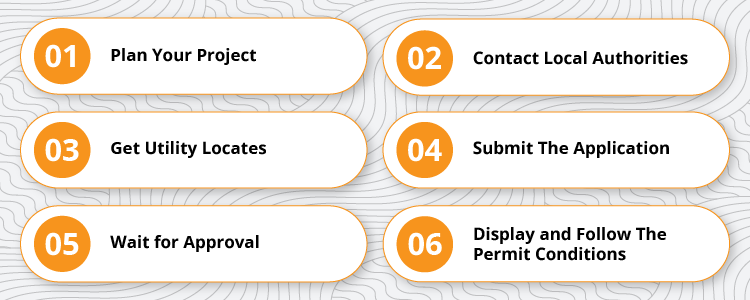
If it’s your first time handling an excavation permit application, don’t worry. The process is straightforward if you plan.
Here’s a step-by-step breakdown:
Plan Your Project – Define where and when you’ll be digging. The more details you have, the smoother the approval process will be.
Contact Local Authorities – Reach out to your city’s traffic control or public works department. Many municipalities now offer online application portals.
Get Utility Locates – Always call your local “Call Before You Dig” service . You’ll receive marked locations of underground utilities, which are required for your permit.
Submit the Application – Include all required documents, drawings, and traffic management plans. Double-check your details before submitting.
Wait for Approval – Approval times vary depending on project complexity and local regulations. Some permits are processed within days; others may take longer for review.
Display and Follow the Permit Conditions – Once approved, display the permit at the job site and follow all listed safety and environmental conditions.
Common Reasons Excavation Permit Applications Get Delayed
Even seasoned contractors hit snags sometimes. Here are the most common reasons for application delays, and how you can avoid them:- Incomplete forms or missing documents
- No proof of utility clearance
- Inaccurate site drawings or traffic plans
- Insurance documents not matching project details
- Starting work before approval
Why You Should Never Skip the Permit
Skipping an excavation permit might sound tempting for “small” jobs – but it’s never worth the risk.Without a permit:
- You can face hefty fines or stop-work orders.
- You risk damaging critical underground lines, which can cause service outages or accidents.
- Your insurance may not cover damages or injuries from unpermitted work.
How Construction Support Services Makes It Easier
Permits can be a pain. Between endless forms and waiting on approvals, it’s easy to lose valuable time. That’s where Construction Support Services comes in.We simplify your excavation permit application from start to finish, handling all the details so you don’t have to. Our team prepares and submits your documents, coordinates with local authorities, and ensures every safety and traffic control requirement is met.
We also create approved traffic management plans to keep your site safe and compliant. Simply put, we handle the paperwork and logistics, and you can focus on the work itself. With us, getting your permit is one less thing to stress about.
In a Nutshell
Before you break ground, remember this – excavation isn’t just about digging; it’s about doing it safely and legally.A well-prepared excavation permit application ensures your project runs smoothly, avoids legal trouble, and keeps everyone protected.
If you’re planning any kind of excavation work, let the experts at Construction Support Services handle the hard part. We’ll make sure your permits are approved quickly and your project stays compliant from day one.

